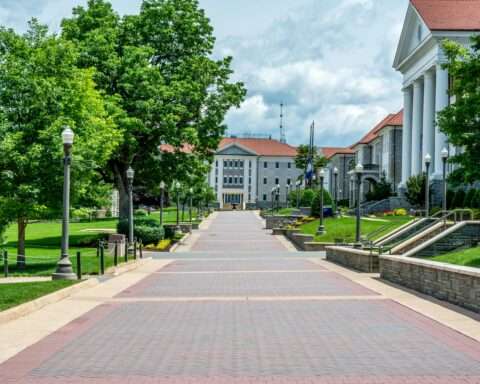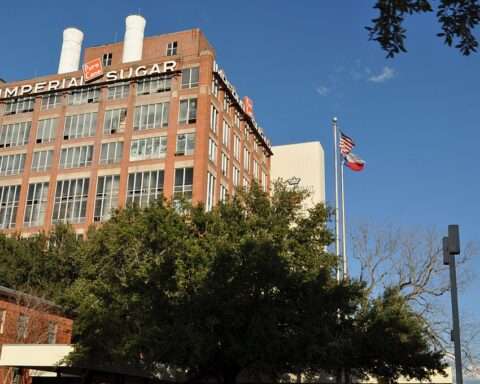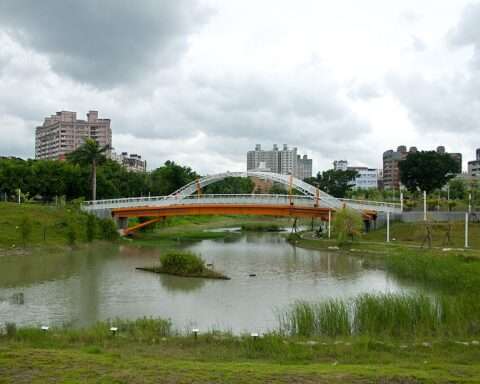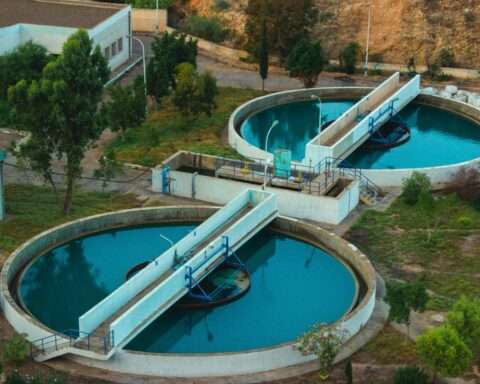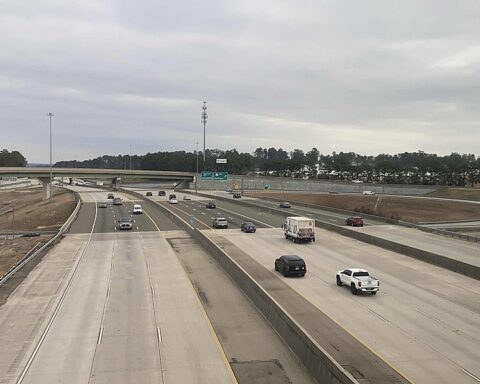The state of Michigan will provide $64.6 million to support water projects in communities across the state. The projects include building water storage tanks, repairing sewer mains, upgrading wastewater plants and identifying lead service lines for replacement.
The projects are part of the MI Clean Water Plan, which uses the state’s Drinking Water State Revolving Fund (DWSRF), Clean Water State Revolving Fund (CWSRF) and the federal American Rescue Plan Act (ARPA). These programs will help communities upgrade infrastructure, ensure healthy drinking water and protect the environment.
Community water and wastewater systems serve 70% of the state’s population. However, these systems have legacy issues that need to be addressed while addressing new challenges such as standards for per- and polyfluoroalkyl substances (PFAS). Funds provided through the MI Clean Water Plan provide critical support for safeguarding public health and improving system resiliency for thousands of communities.
The Benton Charter Township will receive the largest award – $20 million. The township will build two elevated storage tanks in a high-pressure district and a low-pressure district. Plans include improving filter capacity at the water treatment plant and installing approximately 1,600 linear feet of a watermain. In addition, the township will verify and replace 150 lead service lines.
The state will give $19.7 million to the village of Bellevue to bring its water infrastructure into compliance. The village is currently under an Administrative Consent Order (ACO), an enforcement process compelling entities to take immediate action to achieve compliance with environmental statues and rules. The village will accomplish this by replacing three lift stations, three force mains and 1,250 feet of gravity sewer lines. Plans include installing cured-in-place pipe lining along 6,400 feet of sewer mains.
The city of Manistique will spend $18 million to improve the wastewater treatment plant headworks. The project will expand the plant’s raw sewage inlet, raw sewage pumps and improve screening. The city will also improve the plant’s electricity and rehabilitate the final clarifier dome.
The state will allocate $4.3 million to 14 water systems to identify or verify lead service lines that must be replaced. Recipients will use the funds to remove soil and debris from each curb stop and perform an in-building investigation to document service line materials. The projects will restore treated locations to their original condition where applicable. The remaining funds will help seven communities plan and afford water infrastructure needs.






